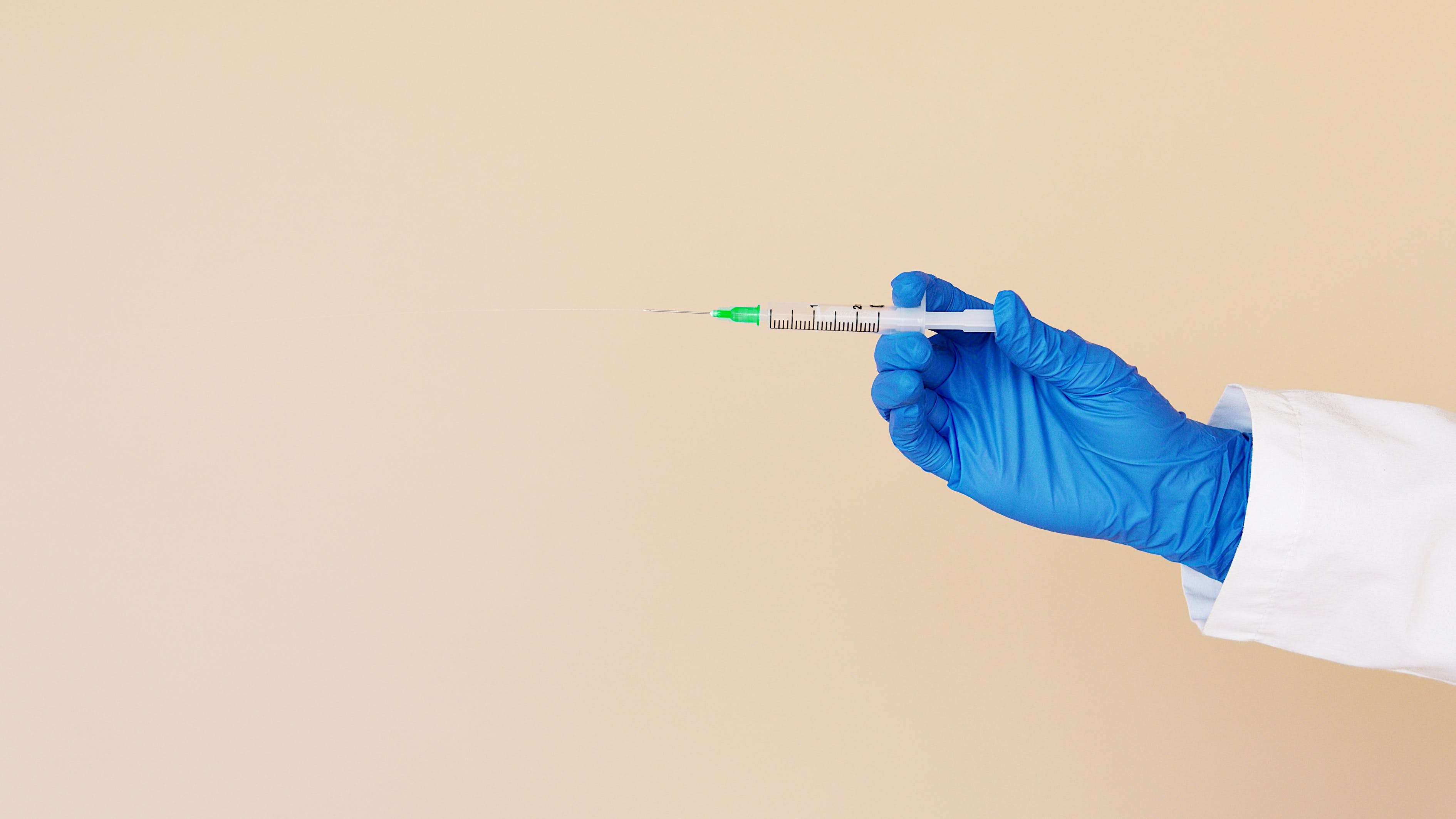Less than a month into their Phase III Trial of a new COVID-19 vaccine, AstraZeneca has put the study on a temporary hold.
According to news reports, a trial participant in the United Kingdom has developed an illness and researchers are working to determine if it is related to the vaccine candidate administered.
In a press release about the decision to pause for the investigation, the pharmaceutical company's CEO had this to say about the halted study:
“At AstraZeneca we put science, safety and the interests of society at the heart of our work. This temporary pause is living proof that we follow those principles while a single event at one of our trial sites is assessed by a committee of independent experts. We will be guided by this committee as to when the trials could restart, so that we can continue our work at the earliest opportunity to provide this vaccine broadly, equitably and at no profit during this pandemic.” —Pascal Soriot, Chief Executive Officer of AstraZeneca
The vaccine candidate in question, AZD1222, was developed at Oxford University with its partner company, Vaccitech. Study participants include approximately 30,000 American volunteers from 80 testing sites all over the country, as well as volunteers in the United Kingdom and Brazil.
This sort of temporary suspension is not unusual in the world of research. During any normal clinical trial, a potential vaccine goes through months or even years of being administered to human study participants. The scientific method of slowly expanding your study group is shown in the multi-phase trials used all over the world. Phase III involves the administration of the potential vaccine to thousands of volunteers to determine the efficacy and safety of the drug.
Throughout the world, multiple COVID-19 vaccines are currently in development. The U.S. National Institutes of Health have committed to safely expediting and guiding the ongoing clinical trials.
“NIH is committed to supporting several Phase 3 vaccine trials to increase the odds that one or more will be effective in preventing COVID-19 and put us on the road to recovery from this devastating pandemic. We also know that preventing this disease could require multiple vaccines and we’re investing in those that we believe have the greatest potential for success.” —‚Francis S. Collins, M.D., Ph.D., NIH Director
AstraZeneca and other pharmaceutical companies recently made headlines for taking to Twitter, pledging to commit to the high standards of the scientific method as they work on developing a COVID-19 vaccine.
At the heart of our core values is to “follow the science” and we are committed to adhere to the highest scientific and clinical standards as we research a potential #COVID19 vaccine. @Sanofi will you join us as #WeStandWithScience? https://t.co/uEaOpNBba8 pic.twitter.com/WgJestzs3D
— AstraZeneca (@AstraZeneca) September 8, 2020
For more information about the suspension of AstraZeneca's Phase III clinical trial, check out the full press release here.
What are your thoughts on the expedited COVID-19 vaccine clinical trials? Are you feeling hopeful, or do you think they're being rushed? Let us know what you think in the comments!
